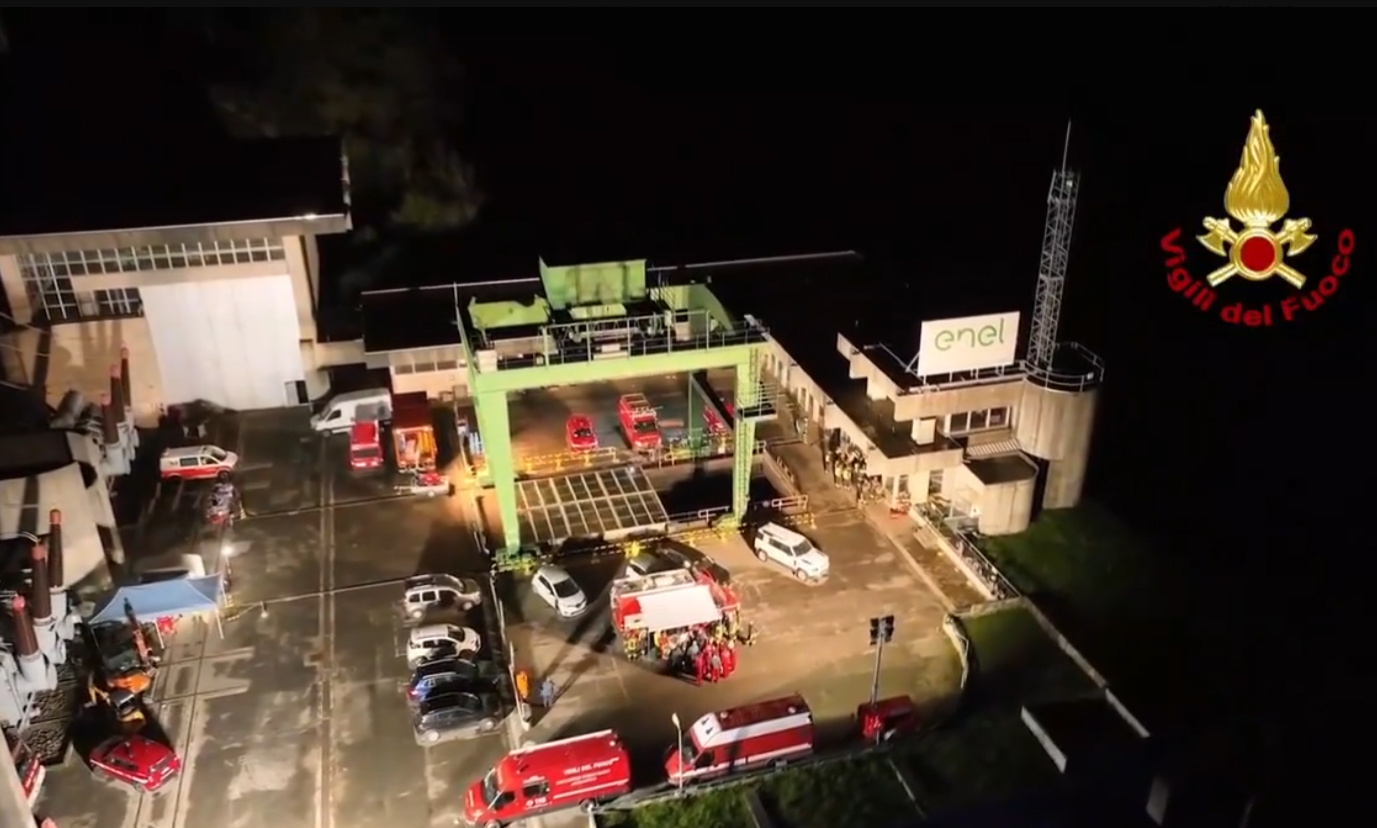Not just Bargi. What to do and what not to do about health and safety at work

The issue of health and safety at work was regulated in bipartisan terms and with the strong participation of all trade unions. Il Canto Libero by Maurizio Sacconi on the tragedy of Bargi
Respect for the victims of the Bargi tragedy , which occurred in a highly unionised, almost co-managed company, would impose a more sober and sincere reflection on central and regional institutions as well as on social bodies. The opposite of what is happening.
Part of the union has called strikes to slow down production and penalize users who are certainly innocent. We take this opportunity to make indiscriminate accusations against the business system which does not react. And obviously to the government, forgetting the competences of the Region.
The requests concern only the tightening of criminal provisions already abundantly present in the legal system up to manslaughter and the increase in inspection activities which in that case would probably only have verified the correctness of formal obligations.
The issue of health and safety at work was regulated in bipartisan terms and with the strong participation of all trade unions. Indeed, the decision to place it among the concurrent competences of the State and the Regions is due to the constitutional reform curated by Minister Bassanini and launched by the left-wing majority alone in 2001. Supervision was consequently attributed to the regional health services and only expanded in 2021. also to the National Labor Inspectorate.
The implementation of the Consolidated Law, launched in 2008 between two opposing governments, saw all the substantial contents neglected (guidelines, technical standards, good practices, training, verified training) and the formal ones exalted.
The Advisory Commission (which includes the social bodies) has not been operational for almost a decade. The same failure to implement the regulatory references for contracts and subcontracts has been left unsaid until this legislature and now translates into the claim to prohibit the use of specific skills or extraordinary work supplies.
The first collective need should consist in finding the reasons for what happened. Starting from checking whether the "person in charge" of safety was present on site and what role he played. Above all, it will be important to understand the technical causes and the possibility of preventing them with ordinary and extraordinary maintenance.
Precisely this event should lead to strengthening the tools of substantial prevention with a change in the paradigms that have prevailed up to now which have only produced the concentration of companies on formal responsibilities instead of demanding their qualification and that of workers in the sectors most exposed to the risks of accidents. And to increase the overall safety culture.
Maurizio Sacconi
This is a machine translation from Italian language of a post published on Start Magazine at the URL https://www.startmag.it/economia/centrale-idroelettrica-sicurezza/ on Sat, 13 Apr 2024 07:34:10 +0000.
